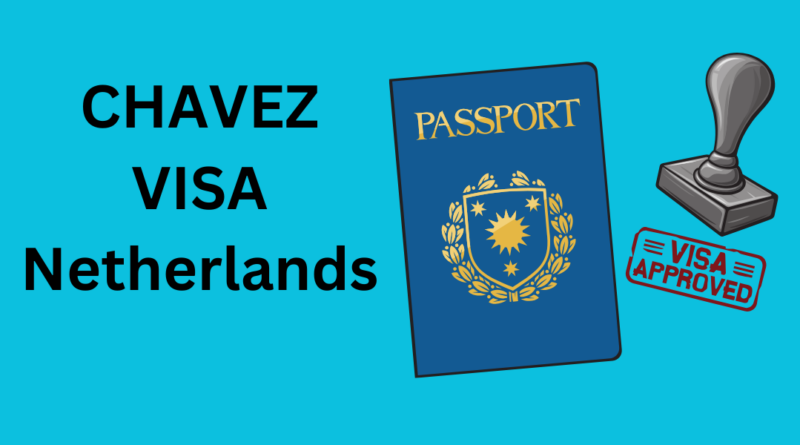What is the Chavez Visa? A Complete Guide for Families in the Netherlands
Origin of the Chavez Visa
The Chavez Visa derives its name from the European Court of Justice case “Chavez-Vilchez and Others.” This case established that non-EU parents of minor EU citizens have the right to reside and work in the EU member state where their child is a citizen, provided that their presence is essential to the child’s care and well-being.
Who is Eligible for the Chavez Visa?
The Chavez Visa is designed for:
- Non-EU Parents: Individuals who are non-EU nationals and have a child who is a citizen of the Netherlands or another EU member state.
- Primary Caregivers: Applicants must demonstrate that they are the primary caregiver or play a significant role in the child’s daily life and upbringing.
- EU Child Residency: The child must reside in the Netherlands and depend on the applicant for care and support.
Key Criteria
To qualify for the Chavez Visa, applicants must meet the following requirements:
- Child’s EU Citizenship: The child must be an EU citizen. This often applies to children born in the Netherlands to mixed-nationality families.
- Proof of Dependency: Demonstrate that the child relies on the applicant for emotional, physical, or financial support.
- No Alternative Care: Show that the absence of the parent would force the child to leave the EU, violating their rights as an EU citizen.
Benefits of the Chavez Visa
The Chavez Visa offers several advantages for eligible families:
- Residency Rights: The visa grants non-EU parents the right to live in the Netherlands alongside their child.
- Work Authorization: Visa holders can work in the Netherlands without the need for a separate work permit.
- Access to Services: Parents can access healthcare, education, and other social services available to residents of the Netherlands.
- Family Unity: Ensures that children are not separated from their primary caregivers, safeguarding their welfare.
How to Apply for the Chavez Visa
Step 1: Gather Required Documents
Applicants need to collect the following:
- Child’s Birth Certificate: Proving the child’s citizenship and parental relationship.
- Proof of Residency: Evidence that the child resides in the Netherlands.
- Dependency Documentation: Evidence of financial, emotional, or physical dependency on the applicant.
- Proof of Identity: Valid passport and other identification documents.
Step 2: Submit an Application
Applications are submitted to the Dutch Immigration and Naturalisation Service (IND). Ensure all forms are completed accurately and include all required documentation.
Step 3: Attend an IND Appointment
Applicants must attend an in-person appointment to provide biometric data, including fingerprints and a photograph.
Step 4: Wait for a Decision
The IND typically processes applications within 90 days. Once approved, applicants receive a residence permit.
Challenges and Tips for Success
- Proof of Dependency: Clearly document how the child relies on you for care. Letters from schools, doctors, or other professionals can strengthen your case.
- Legal Assistance: Consider consulting an immigration lawyer to ensure your application meets all legal requirements.
- Timely Renewal: Keep track of your visa’s expiration date and renew it on time to avoid lapses in residency.
Frequently Asked Questions
1. Can the Chavez Visa be extended?
Yes, the Chavez Visa can be renewed as long as the dependency criteria are still met.
2. What happens if the child becomes an adult?
Once the child reaches adulthood, the visa holder may need to transition to another type of residence permit.
3. Can other family members apply?
The Chavez Visa specifically applies to the primary caregiver. Other family members may need to explore alternative visa options.




